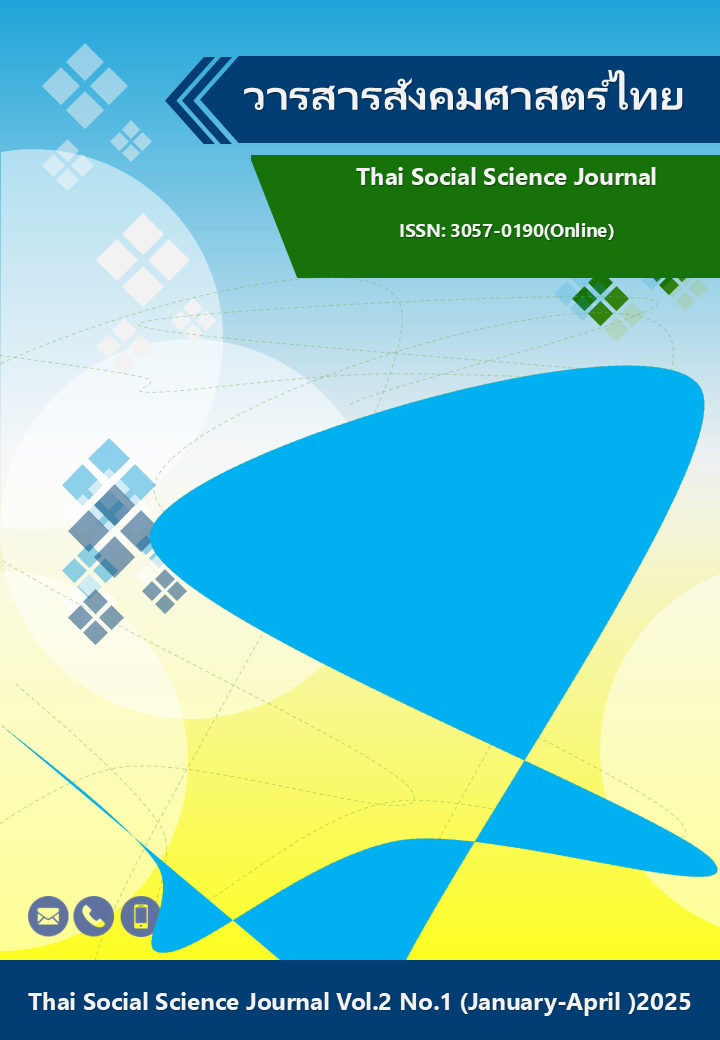Demography structure Changes and Their Impact on the Aging Society in Thailand
Main Article Content
Abstract
The Demography structure changes in Thailand, particularly the shift towards an aging society, have occurred rapidly and have significant implications across various sectors. The increasing proportion of the elderly population has led to challenges in the economy, such as a decline in the workforce, changes in production structures, and a growing burden on social welfare and healthcare systems. Socially, there are challenges related to the care of the elderly within families, as well as changes in values and intergenerational relationships. Additionally, education and skill development systems must adapt to lifelong learning models to accommodate the growing and diverse elderly population. Addressing these changes requires careful planning. The government should develop comprehensive public policies that respond to the needs of the elderly, particularly by enhancing the social welfare system, promoting the active participation of the elderly in society, and adjusting labor market structures to support older workers. Furthermore, promoting research and policies aimed at developing a society that is more suitable for an aging population is essential. Raising awareness in society about how to manage Demography structure and care for the elderly is also a key component of sustainable solutions for an aging society.
Article Details

This work is licensed under a Creative Commons Attribution-NonCommercial-NoDerivatives 4.0 International License.


